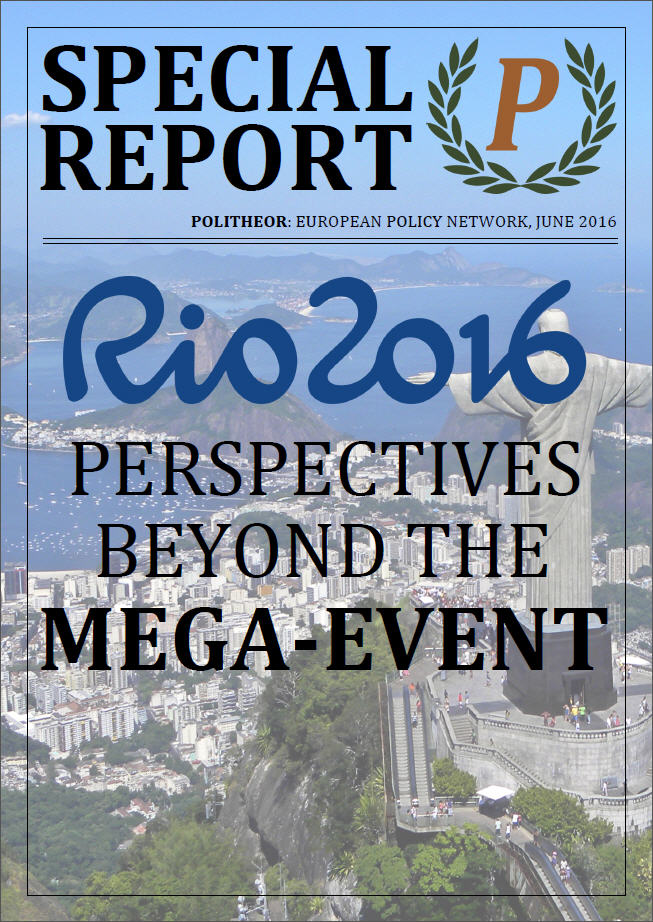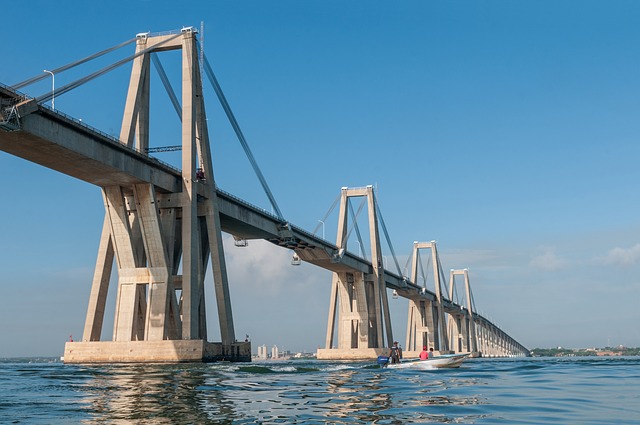POLITHEOR
European Policy Network
International Relations and Global Affairs
- Home
- International Relations and Global Affairs
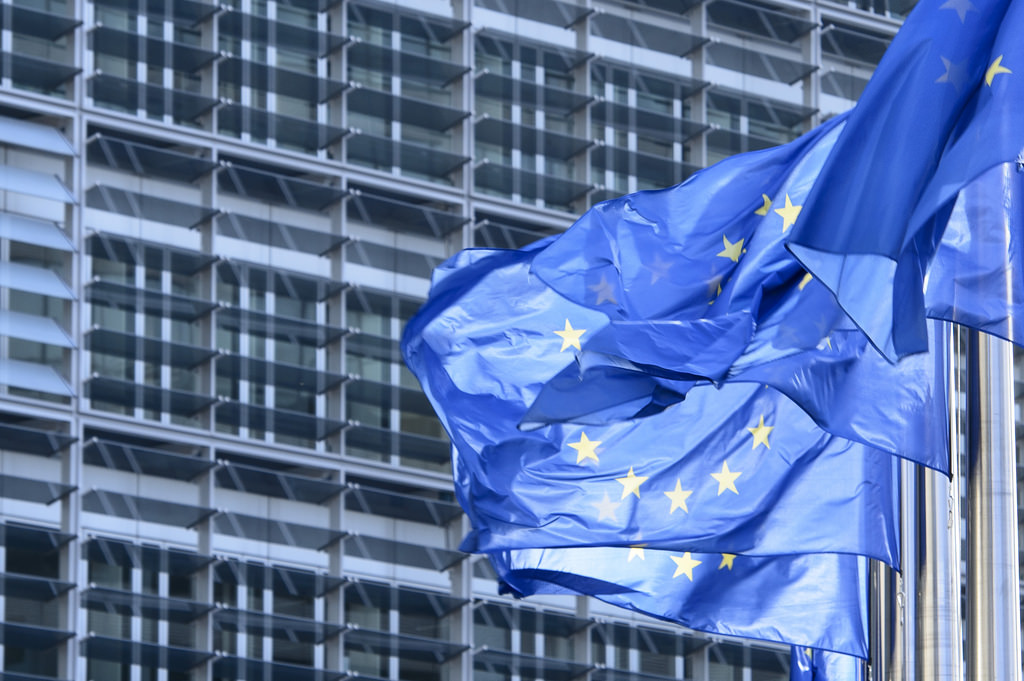
A stronger Union in an insecure World0
- International Relations and Global Affairs, Op-ed
- 07/09/2016
Affairs in which it was possible to write down such words seem worlds away from the situation we live in today, when the very concept of the European Union is challenged and put to a test, especially after the Brexit vote. Precisely because of this, it is important not only to reconsider the future development of EU’s internal affairs and structures, but also the plans and ideas that would redefine the EU as an international actor. Even though it seems the new Global Strategy, adopted two months ago, has come at the right time, the question remains whether it will trigger an adequate new approach to EU’s external affairs.
READ MORE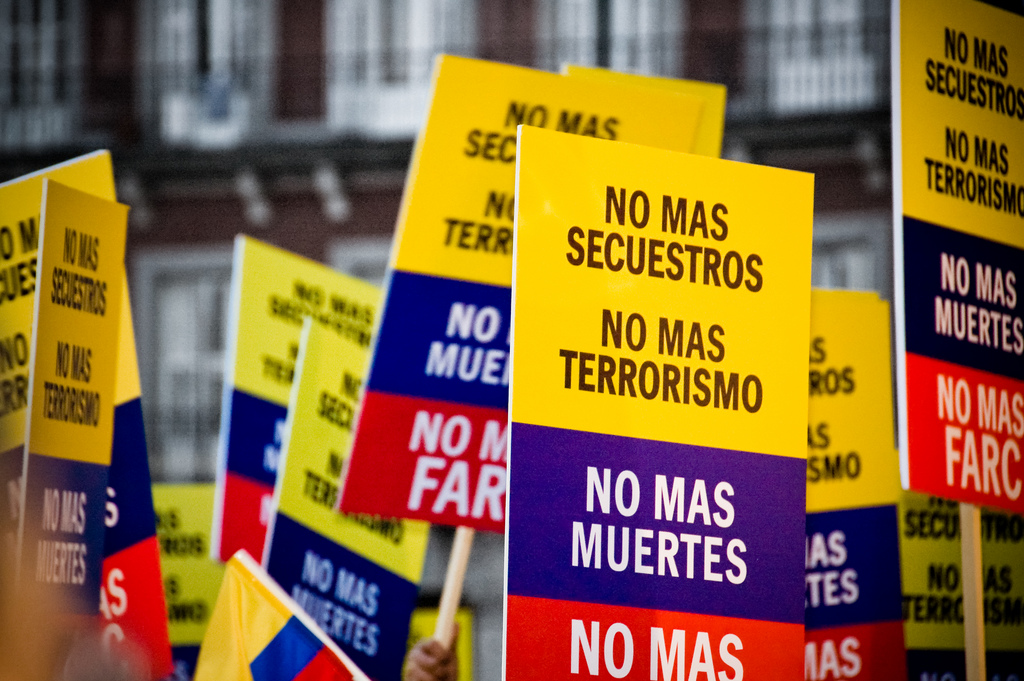
Goodbye, FARC? How to end the world’s longest civil war0
- International Relations and Global Affairs, Op-ed
- 18/07/2016
On the 23rd of June the Colombian government finally concluded a peace agreement with the FARC (Revolutionary Armed Forces of Colombia). Commentators quickly labelled it a historic moment, which potentially ends the world’s longest insurgency. Signing a peace agreement is, however, one thing, effectively demobilizing fighters and reintegrating FARC-controlled territory another. How should Colombia, and the international community, tackle these problems? How can we end a conflict that left more than 220,000 dead?
READ MORE
Why Leave won and what’s next for the UK1
Brexiteers could not have dreamed of a more propitious Zeitgeist for their campaign: the recent Euro crisis, the hasten influx of refugees and migrants, the Islamic State’s attacks in Paris and Brussels, the March 2016 EU-Turkish deal on conditional visa-free allowances, the Prime Minister’s father’s involvement in the Panama Papers affair, and the Chancellor of the Exchequer’s withdrawal of some of his key proposals from the UK budget.
READ MORE
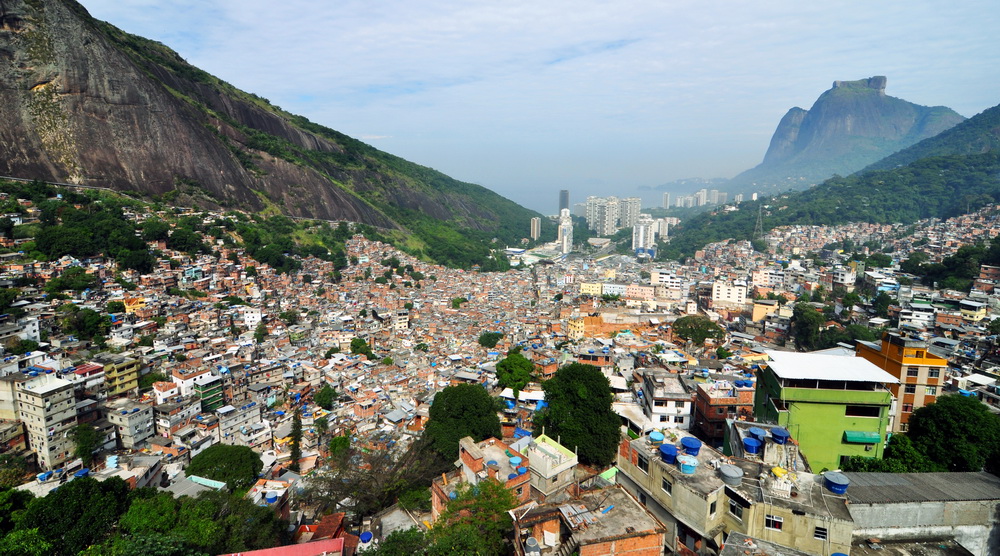
Community leadership in Rio’s favelas: a showcase for resilience0
- International Relations and Global Affairs, Op-ed
- 13/07/2016
Rio de Janeiro has recently taken considerable initiative to better adapt to climate change and to make favelas more resilient. Yet, the positive effects have been limited. It is time to realize that the key to achieving true resilience lies within communities themselves.
READ MORE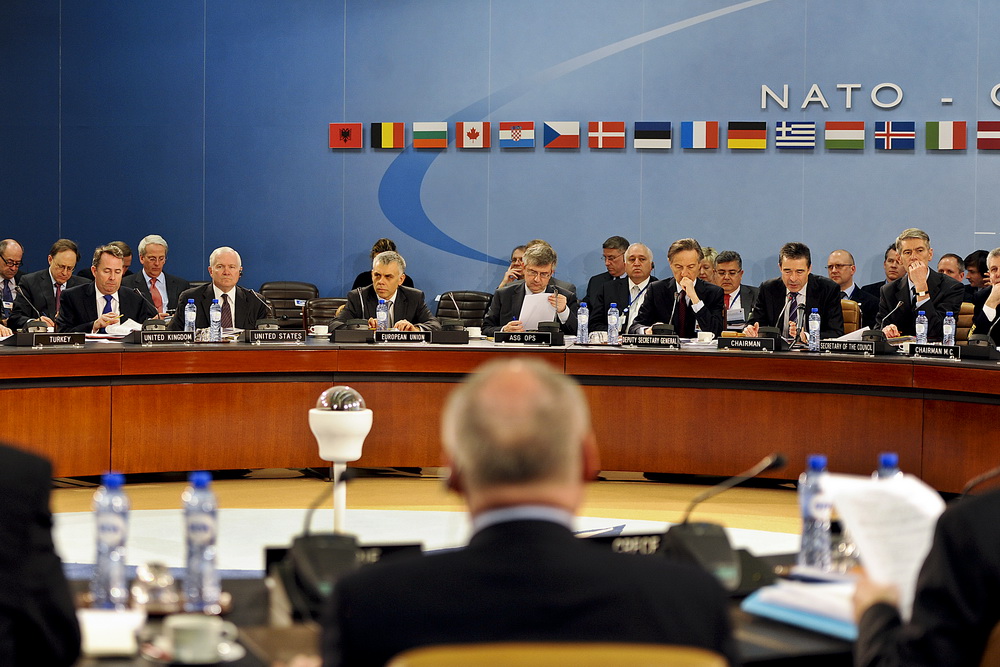
NATO Summit Outcome: Preventing a conflict or creating one?0
- International Relations and Global Affairs, Op-ed
- 12/07/2016
The 2016 NATO Summit held in Warsaw has now ended. As expected, one of the main topics on the agenda was NATOs strategic response to Russia, which included debates about tactical troop positioning and other deterrence measures. What the summit – at least publicly – did not address, is the reason for the standoff between NATO and Russia and how NATO plans to prevent it from escalating.
READ MORE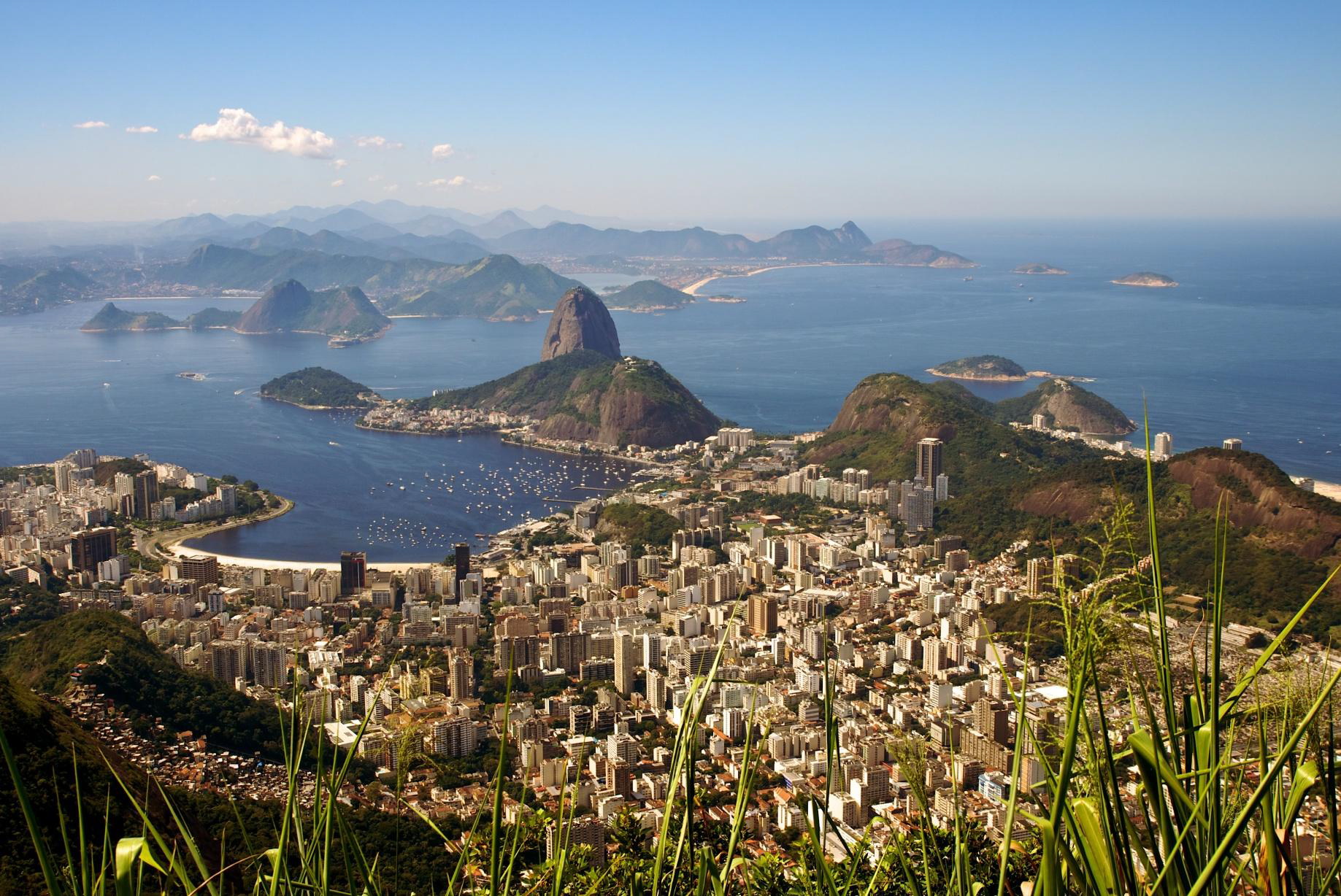
All eyes on Rio: Blessing or curse for local tourism?1
- International Relations and Global Affairs, Op-ed
- 12/07/2016
The Olympic Games have manifested themselves as global extravaganzas that attract eyes from all over the world to its host city. Such worldwide attention has the power of attracting tourists long after the Games are over – look at what the 2010 FIFA World Cup did for South Africa. However, extensive media coverage might just as well expose flaws rather than strengths. Will the 2016 Olympic Games convince spectators that Rio de Janeiro, and Brazil at large, are the ultimate holiday destination? It is time for citizens, businesses and government to unite in an effort to showcase Rio’s unique beauty and spirit.
READ MORE
